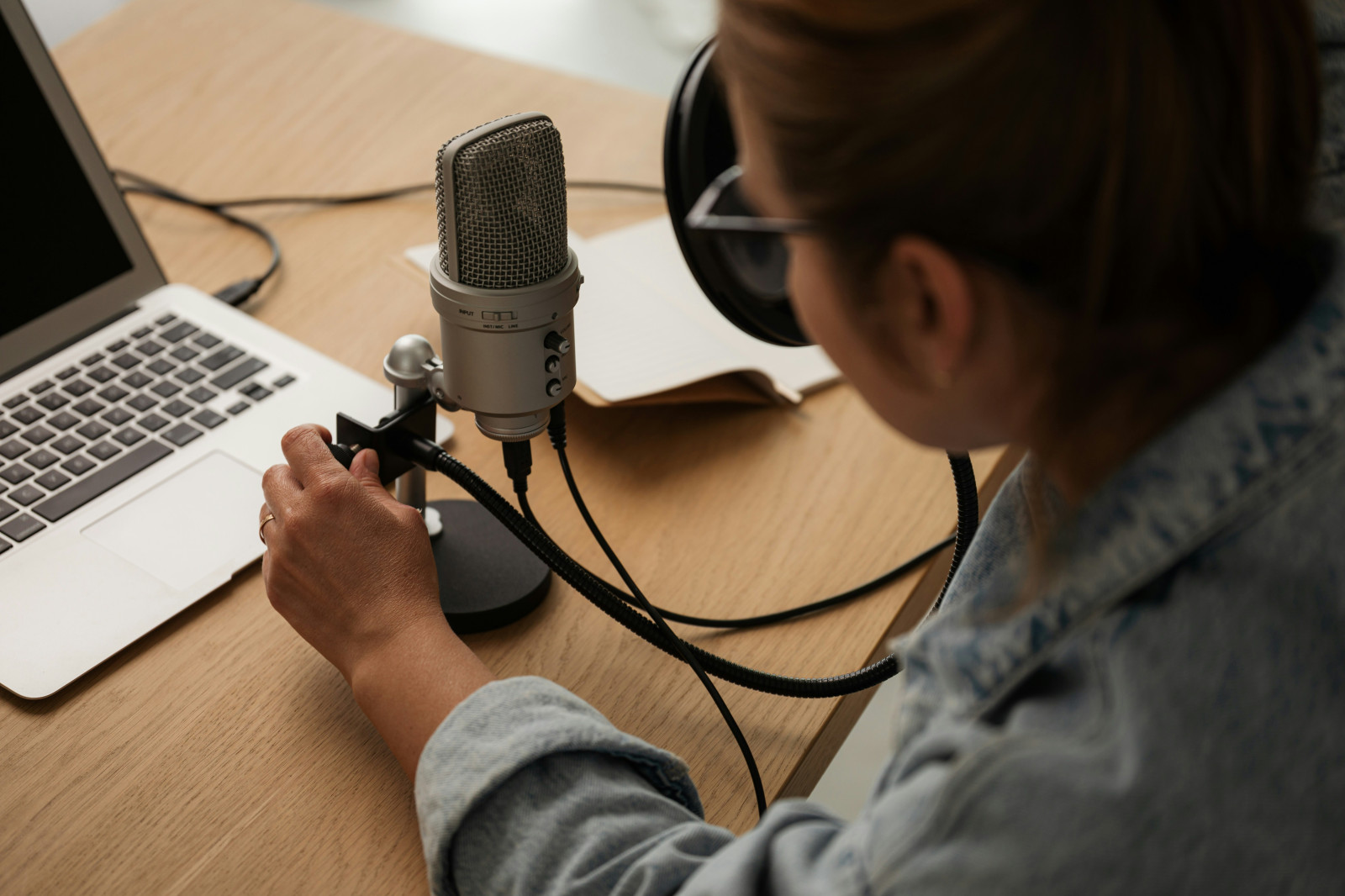Audio is incidental: Why Spotify wants to become a creator ecosystem

Photo: Karolina Grabowska

First there were artists, and then there were podcasters. Now, there are artists, creators, and authors on Spotify. As we covered at the end of November, Spotify has officially renamed its Spotify for Podcasters hub to Spotify for Creators as the company looks to unlock the power of video in podcasting. Alongside this pivot, Spotify also rolled out Spotify for Authors, an insights and marketing tools hub for authors who distribute audiobooks on the platform.
This year, Spotify Wrapped was also not limited to music, with Spotify “celebrating the fans, artists, authors, podcasters, and creators who made 2024 the record-breaking, culture-making, fandom-shaking year it was”. Spotify CEO Daniel Ek also indicated on The Colin and Samir Show that he wants “multi-talented” and "multi-homed" creators on Spotify, and his strategy for the company is to encourage monetisation that goes beyond advertising for these creators. Ek recognises the power of on-platform conversion. If Spotify can help creators leverage cross-format conversions, then the platform could become a self-sustaining creator ecosystem.
Per MIDiA’s ‘2025 Predictions’ report, as hypo-attention increases, the efficacy of digital advertising declines. The more content there is, and the more that content asks for attention, the harder it is to get consumers to pay attention to any one piece of content for long enough to convert that consumer. In other words, the harder it becomes to get consumers straight to the bottom of the marketing funnel to purchase or consume something being marketed to them.
According to his interview with Colin and Samir, Ek envisions a future where a multi-hyphenate artist like Meghan Trainor can speak about her book on her video podcast and fans can immediately listen to or purchase that book on-platform. If fans still can’t get enough, they can then listen to her music, which may also lead to vinyl or CD sales. Not only does that keep users more engaged, but it also increases the value of Spotify as a platform, thus encouraging more Premium subscriptions and a higher stock price.
No longer would Spotify be a lean-back platform at the whim of market saturation; instead, it would become a network of fan communities who can jump from format to format, spending money on their favorite creators along the way.
Featured Report
Music creator survey Creation: Rise of the new breed
This report is the first of two analysing the results of MIDiA’s 2025 global music creator survey, n = 2,109. This report explores the creation side of the equation and is aimed primarily at creator tools and services companies. The second report focuses on the music creators’ careers and is aimed more at labels, distributor, publishers, CMOs, ...
Find out more…Spotify is ultimately making two bets about the future:
Successful creators – artists, podcasters, and authors alike –will have to diversify their talents and their revenue streams.
Niches and fandoms are the future of music, podcasting, and audiobooks.
Given the frequent mentions of fandoms and niche audiences in Spotify’s 2024 Wrapped for Creators announcements –especially when it comes to podcasts –it is evident that the company is thinking about audio consumption not just in terms of a content economy but in terms of a creator economy. In other words, Spotify is expanding from a platform that monetises passive listeners and toward a platform that monetises fans.
While this may be promising news for some of the most successful creators in music, podcasts, and audiobooks –i.e., many of the creators listed in the top 10 of Spotify’s Wrapped announcement – it may also make things more challenging for smaller creators who are having a hard enough time getting discovered with one format, let alone trying to find the time and resources to branch out into another format.
For other audio platforms who are not yet betting on the creator economy, the question may become more about helping smaller creators develop and get discovered so that they can build up the fandom that will ultimately help them become financially successful.

The discussion around this post has not yet got started, be the first to add an opinion.